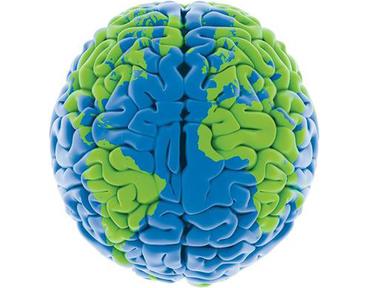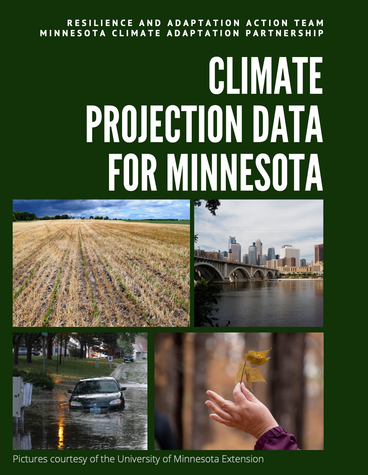Reports and publications from MCAP's work can be found below. Use the filters to search publications by author, year published, or project.

"It's Hard to Give Hope Sometimes": Climate Change, Mental Health, and the Challenges for Mental Health Professionals
MCAP Climate Resilience Researcher, Brenda Hoppe, and colleagues Leah Prussia, Christie Manning, Kristin Raab, and Kelsey Jones-Casey share their findings in the new publication “It’s Hard to Give Hope Sometimes”: Climate Change, Mental Health, and the Challenges for Mental Health Professionals in the journal Ecopsychology.The paper highlights research regarding the growing challenges facing mental health professionals as clients experience the mental health impacts of climate change. A comprehensive survey was conducted with over 500 active licensed Minnesota mental health professionals and found a need for more interdisciplinary research to design and implement tools to address the impacts of climate change on clients.

Climate Projection Data for Minnesota: Opportunities of climate data to accelerate climate resilience efforts across the State
In January 2021, a survey was distributed to assess climate projection information needs among potential users in Minnesota. 218 people from the private sector, academia, NGOs, and government answered questions about the usefulness of downscaled climate projection data, possible applications, and their preference for project leadership, funding, and management. The majority of respondents indicated that temperature and precipitation data would be useful at seasonal, monthly, and annual time scales. More than any other entity, the University of Minnesota was the preferred institution to lead the project and house the data. These survey results will inform the Dynamically Downscaled Climate Projections, a two-year project recently funded by the Minnesota State Legislature.